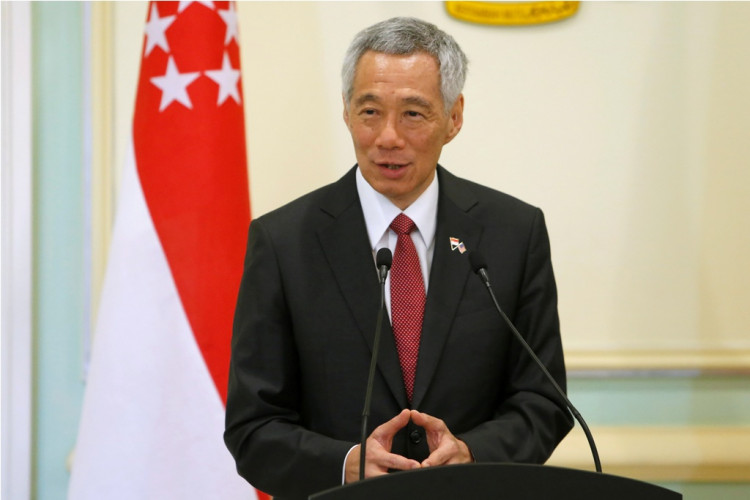Singapore, which already has a miserable record when it comes to protecting freedom of speech, lived-up to this reputation by passing on Wednesday a contentious anti-fake news law its critics claim is an excuse to further suppress dissent.
The Protection from Online Falsehoods and Manipulation Bill passed the unicameral Singapore Parliament by a vote of 72 for and 9 against with 3 abstentions. It requires online media platforms to carry corrections or remove content the government considers false.
Penalties for those found guilty of violating the sweeping law include a prison term of up to 10 years or fines up to US$735,000 (S$1 million).
An individual or a web portal ordered to correct or remove an item can challenge the order with government ministers. If denied, this person or entity can file a court case as the final arbiter. Critics worry the appeal process will be slow, intimidating and costly.
Singapore-based tech firms such as Google and Facebook said the law gives Singapore's government too much power over deciding what qualifies as true or false. Singapore already regulates social media firms.
The International Commission of Jurists (ICJ) based in Switzerland said the law might be subject to abuse.
"The severe penalties proposed under the bill, its broad scope of territorial jurisdiction and the absence of clear protections for expression pose real risks that it will be misused to clamp down on the free exchange and expression of opinions and information," said Frederick Rawski, ICJ's Asia Pacific director.
ICJ is an international human rights non-governmental organization. It consists of 60 eminent jurists (including senior judges, attorneys and academics) that work to develop national and international human rights standards through the law.
Critics say the law grants arbitrary powers to unqualified government officials to determine what is deemed as fact.
They claim the private sector should be the final arbiter of what constitutes false and irresponsible statements. The answer to fake news lies in fact-checking websites; vigilance by tech firms and increased media literacy to help news people better distinguish between the plausible and the improbable.
Opponents also claim the law will give government officials unprecedented powers and will stifle free speech in an era when populist leaders around the world label the media as the enemy of the people.
Singapore's record as regards press freedom is checkered, to say the least. Singapore is ranked 151 among 180 countries rated in the World Press Freedom Index of Reporters Without Borders, a non-government group that promotes freedom of information.
Surprisingly, Singapore (a parliamentary democracy) ranks below Russia and Myanmar, both of which are dictatorships.
"In the wrong hands, legislation such as the one under discussion, can be misused for selfish gain," said a letter signed by Singapore journalists."
"No government or minister -- good or bad -- should be allowed to wield such broad powers. The bill should be withdrawn pending a genuine and robust discussion on how best to combat 'fake news'."






